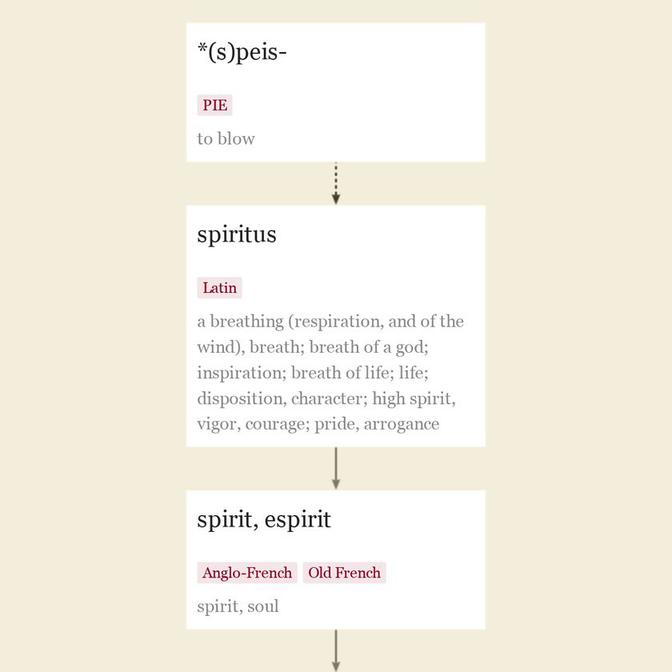It is a striking phrase, "participation in the practice of God."
"Christian practices are not activities we do to make something spiritual happen in our lives. Nor are they duties we undertake to be obedient to God. Rather, they are patterns of communal action that create openings in our lives where the grace, mercy, and presence of God may be made known to us. They are places where the power of God is experienced. In the end, these are not ultimately our practices but forms of participation in the practice of God." (— Craig Dykstra)
I read Gabriel Marcel's book "The Mystery of Being." I remember fondly studying him fifty plus years ago and thinking what a delight to read such a person on such a theme, Christian Existentialism.
In it, this:
VII. My Life
The question: who am I? remains.
Since it is not possible to count on a friend, a party, or a collec-
tivity to decide it for me, the question becomes an appeal (call),
who am I? Shall I not find the answer by enquiring into my own
life?
My life can be considered from two standpoints, that of:
1. The past.
2. That of the present, the fact that I am still living it.
1. In the past. My life appears to me as something that
can, by reason of its very essence, be narrated.
But to narrate is to unfold.
It is also to summarize, i.e., to totalize schematically.
My life cannot then be reproduced by a narrative; in as
much as it has been actually lived, it lies without the
scope of my present concrete thought and can only be
recaptured as particles irradiated by flashes of memory.
Nor is my life in the notes jotted down day by day and
making up my diary; when I re-read them they have for
the most part lost their meaning, and I do not recognize
myself in them.
Nor is my work to be identified with my life; what judge
could sift from my work that which truly expresses me?
Finally, my acts, in as much as they are recorded in objec-
tive reality, do not tell of that within me which lies beyond
them.
My life, in so far as already lived, is not then an inalterable
deposit or a finished whole.
2. In so far as I am still living it, my life appears to me as
something I can consecrate or sacrifice, and the more I
feel that I am striving towards an end, or serving a cause,
the more alive (living) I feel. It is therefore essential to life
that it be articulated on a reality which gives it a meaning
and a trend, and, as it were, justifies it; this does not sig-
nify that life is an available asset.
To give one’s life is neither to part with one’s self nor to
do away with one’s self, it is to respond to a certain call.
Death can then be life, in the supreme sense.
My life is infinitely beyond the consciousness I have of it
at any given moment; it is essentially unequal in itself,
and transcendent of the account that I am led to keep of
its elements. Secondary reflection alone can recuperate
that which inhabits my life and which my life does not ex-
press.
(--pp.24-25, The Mystery of Being, by Gabriel Marcel, 1951, Translated by G.S. Fraser, 1971)
To listen.
"Death can then be life, in the supreme sense."
To respond to a certain call.
And, again -- To listen.
My life is infinitely beyond the consciousness I have of it
at any given moment; it is essentially unequal in itself,
and transcendent of the account that I am led to keep of
its elements. Secondary reflection alone can recuperate
that which inhabits my life and which my life does not ex-
press.
Returning to Dykstra, I love the way his words suggest that we are involved in a "participation in the practice of God."
Good sangha to be sitting in!
And with!








